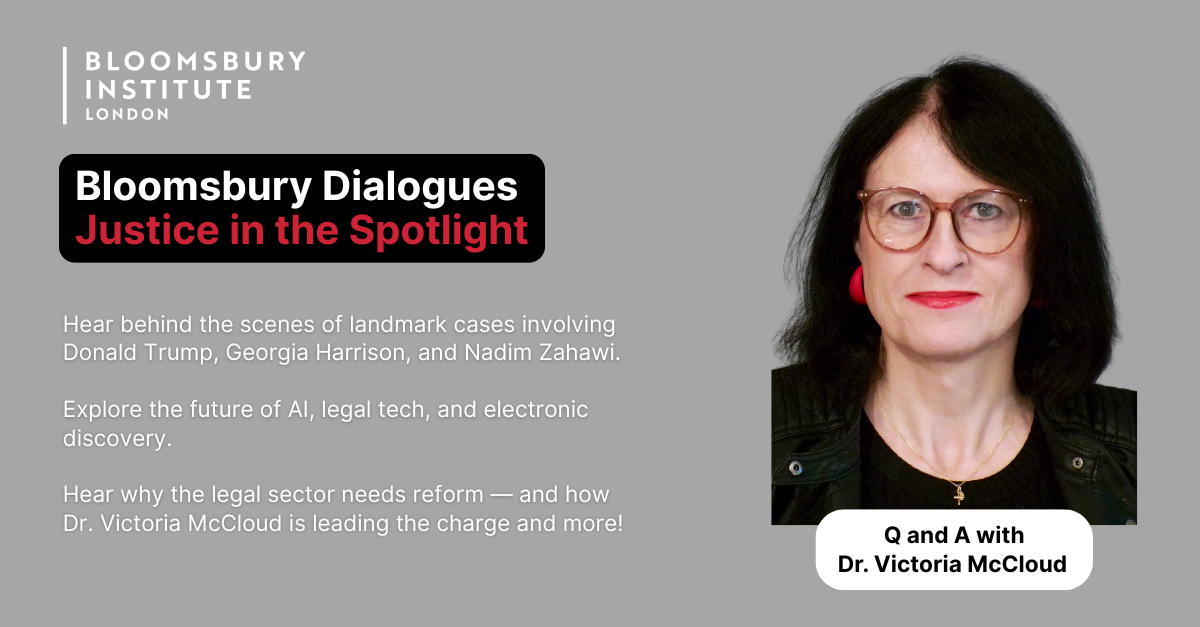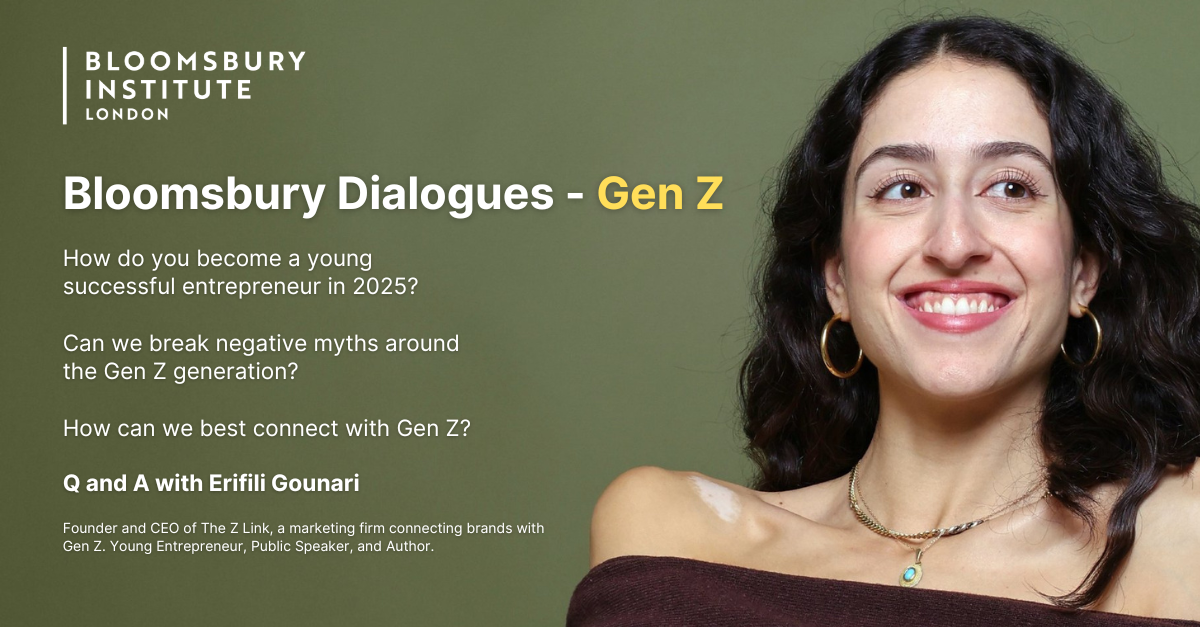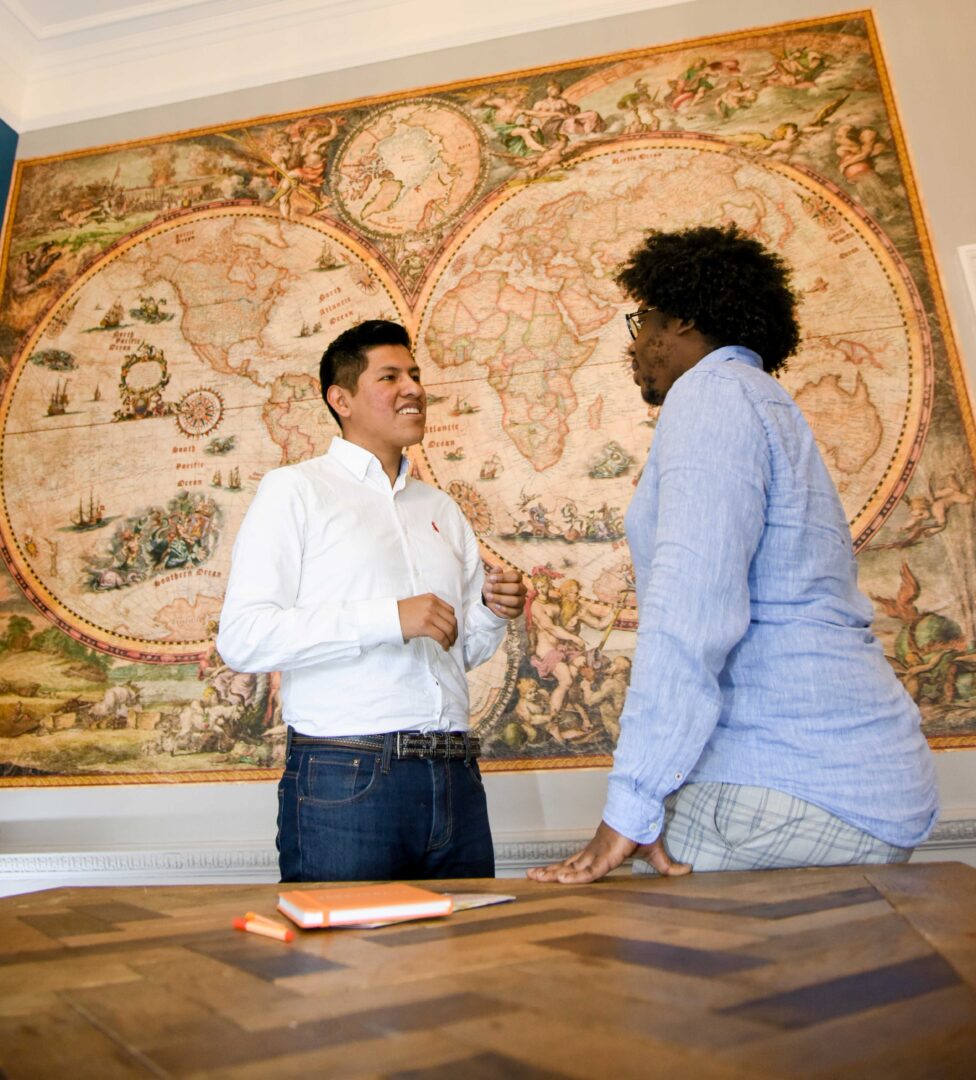In this episode, Arif speaks to a range of guests who, like him, attended the vital UN Climate Conference (COP28) which was held in Dubai from 30 November to 13 December 2023. Arif’s guests are:
- Judith Diment, Dean of Rotary Representatives to the UN and Representative to the Commonwealth
- Victor Kitange, Economic Adviser ‑ Natural Resources, Commonwealth Secretariat
- Jennifer Cormack, Director of Development, Natural History Museum
- Alexandre Antonelli, Director of Science, Royal Botanic Gardens Kew
- Marc Ortmans, Chair, Global Entrepreneurship Network UK
- Millie Ogden, Founder and CEO of 3 Link, Vanuatu and Advisor, Digital Technology, Commonwealth Businesswomen’s Network
- Devika Wattal, Innovation Consultant, Global Cement and Concrete Association (GCCA)
- Naira Hatem, Race to Zero Connector, Strategic Coordinator, Africa Team, Climate Champions Team
The COP28 climate summit concluded with an agreement that calls on countries to transition away from fossil fuels in line with global climate goals, marking a historic pivot away from the primary sources of energy that have powered society for nearly 200 years.
The agreement by nearly 200 countries was the first time a global climate agreement has called for supplanting fossil fuels with clean energy and arrives following a push by the majority of countries to call explicitly for phasing down the burning of oil, gas and coal that accounts for the lion’s share of carbon dioxide emissions in Earth’s atmosphere. Though negotiators dropped language that would have directed an explicit phase-out of fossil fuels, following opposition from oil-producing nations and some developing countries, the final decision asks countries to pursue a variety of approaches in their national climate plans for reaching net-zero emissions by the mid-century. The approaches include tripling capacity for renewable energy, doubling the annual rate of improvement in energy efficiency and substantially reducing methane emissions, all within this decade, while redoubling efforts to retire unabated coal-fired power plants and accelerate the development of climate-transition technologies.
All governments and businesses need to turn these pledges into real-economy outcomes without delay
The agreement, which arrives at the end of the hottest year on record, addresses three pillars of the Paris Agreement: mitigation (to reduce emissions of greenhouse gases, with the aim of ending climate change), adaptation (to reduce vulnerability and build resistance to the effects of a changing climate) and loss and damage (to compensate countries for injury from climate change). The agreement envisions a leading role for the investment and financial industries via the capital markets in advancing toward a new era of sustainable growth.
In this episode, Arif speaks to a range of guests who, like him, attended the vital UN Climate Conference (COP28) in Dubai.





